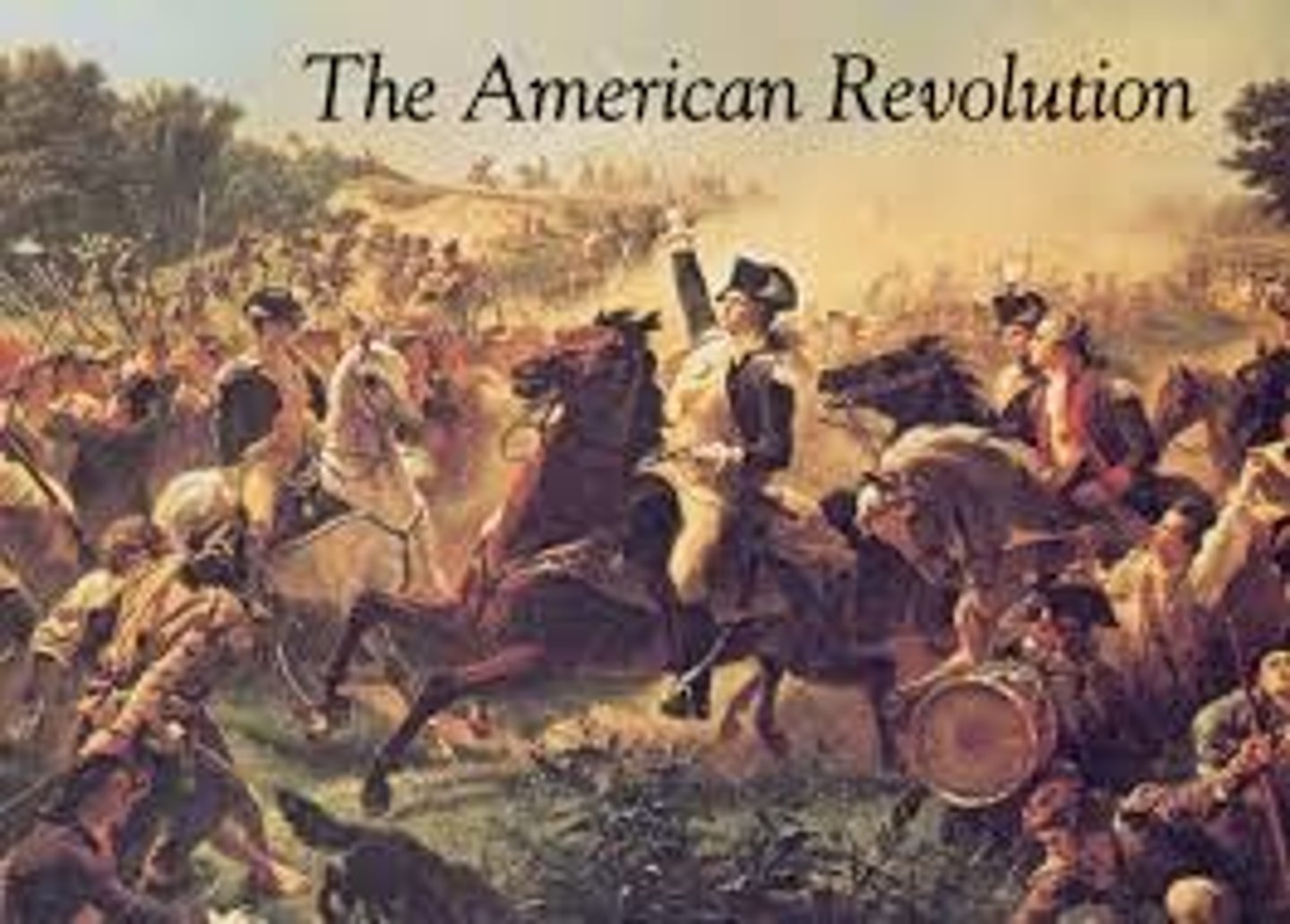IWU American Education - Quiz 3 (Historical Foundations)
1/34
There's no tags or description
Looks like no tags are added yet.
Name | Mastery | Learn | Test | Matching | Spaced |
|---|
No study sessions yet.
35 Terms
Colonial Era (1620-1750)
Education serves a religious purpose
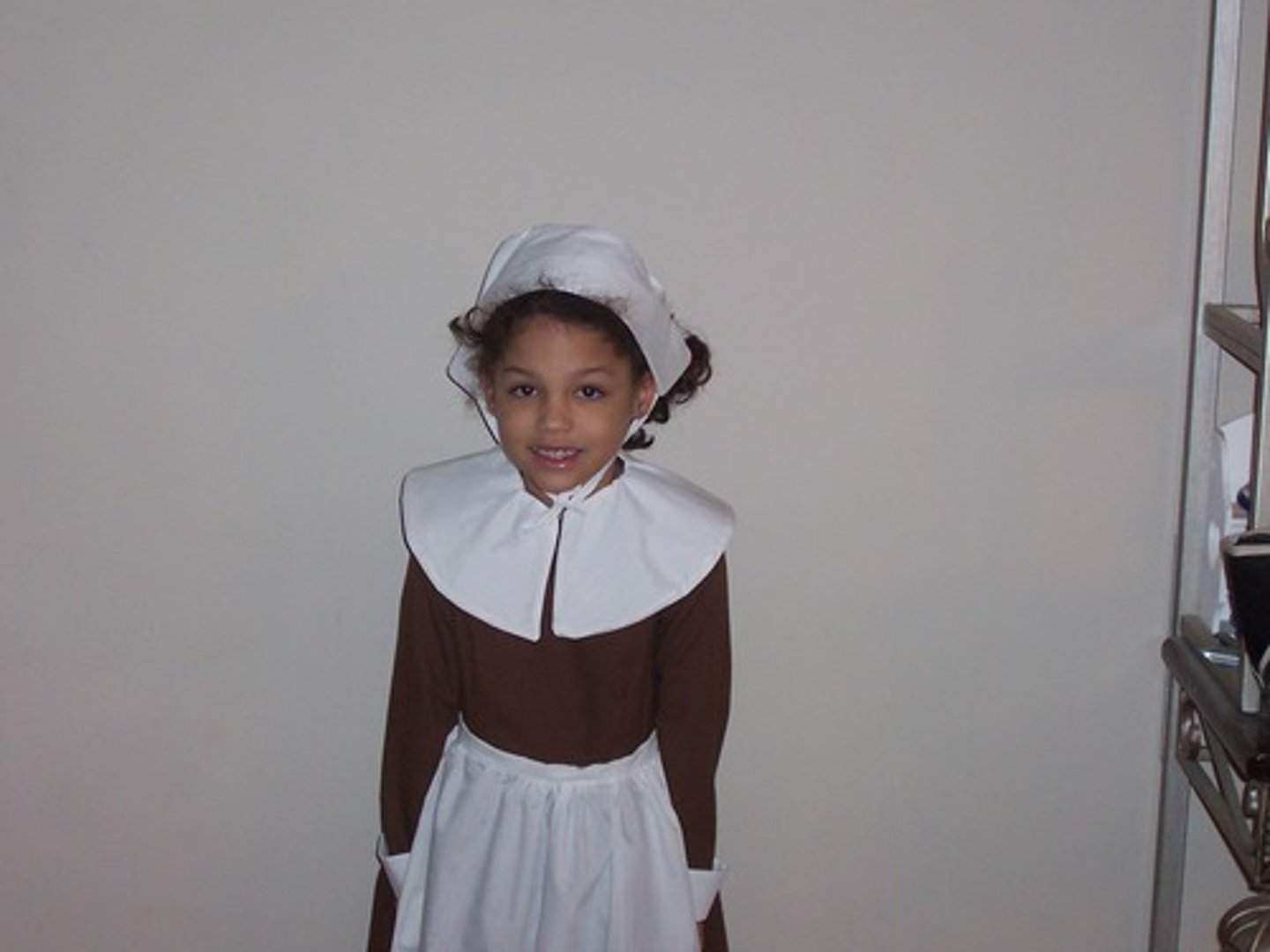
Revolutionary Period (1750-1820)
Education serves a secular purpose
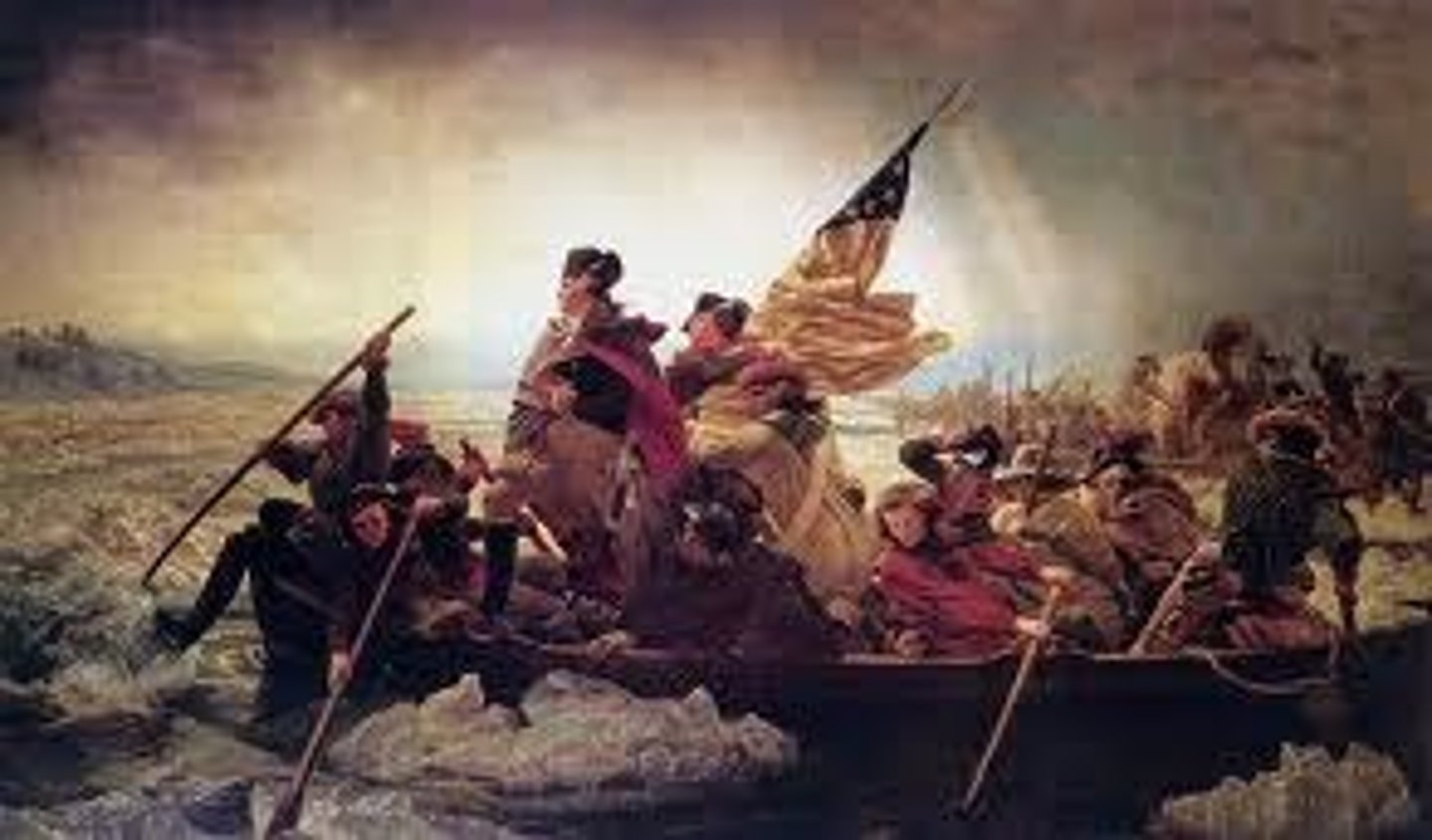
Common Schools (1820-1865)
Education continues to trend away form religious purposes and toward secular purposes

Compulsory Education (1865-1920)
The spread of compulsory education meant that schools were increasingly coming under public control
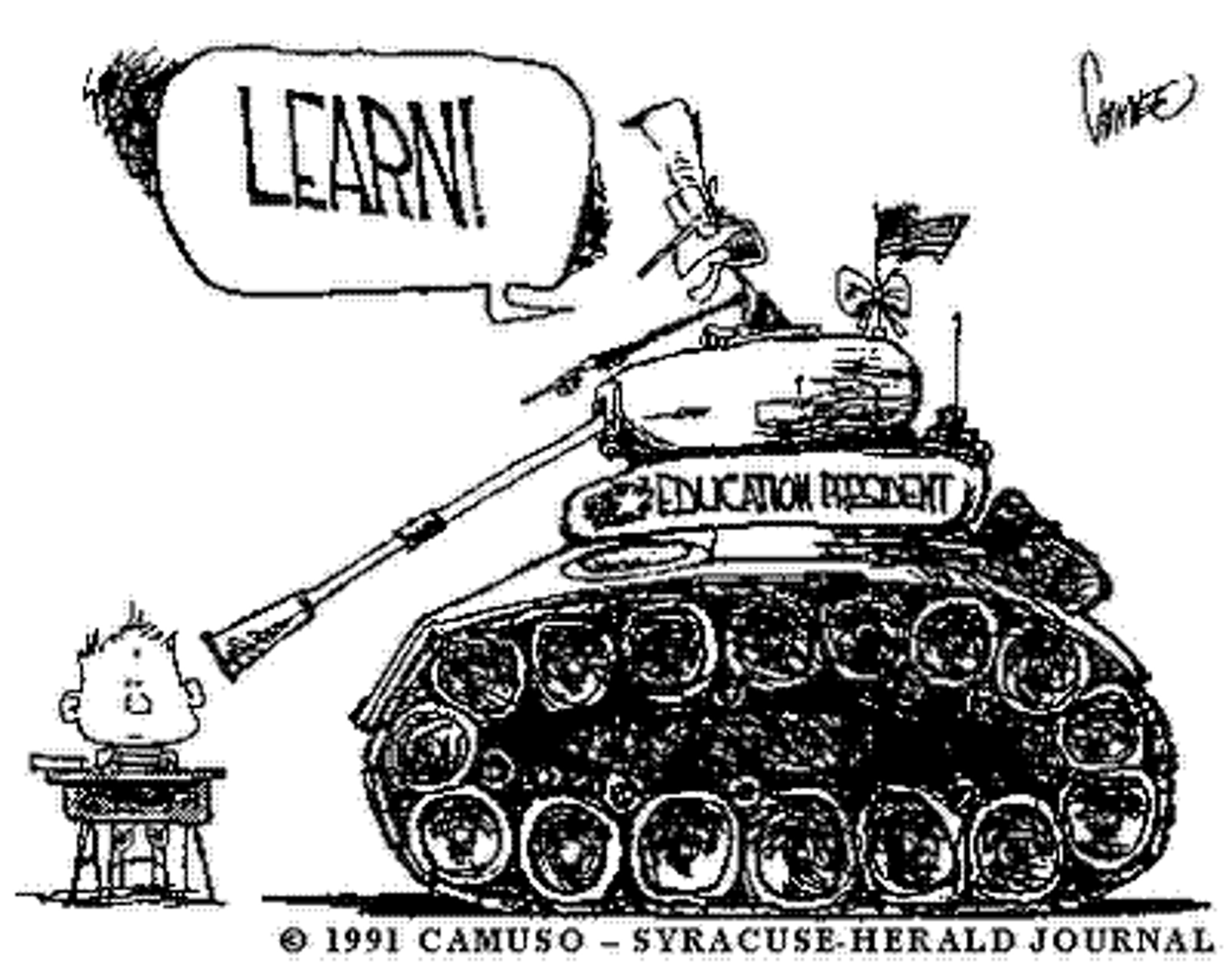
2) Significant people {revolutionary}
Benjamin Franklin
-schools should include more practical curricula (classics + practical knowledge)
-Philadelphia Academy
Sarah Pierce
-opened the door to education for girls
- Litchfield Female Academy ~ Connecticut
Thomas Jefferson
- Philosophy: edu is necessary, stressed need for national public EL schools
- University of Virginia
- unsuccessful in his attempt to convince the need for uniform
Noah Webster
- Webster's speller
- first curriculum guides
Anthony Benezet
- African American school advocacy
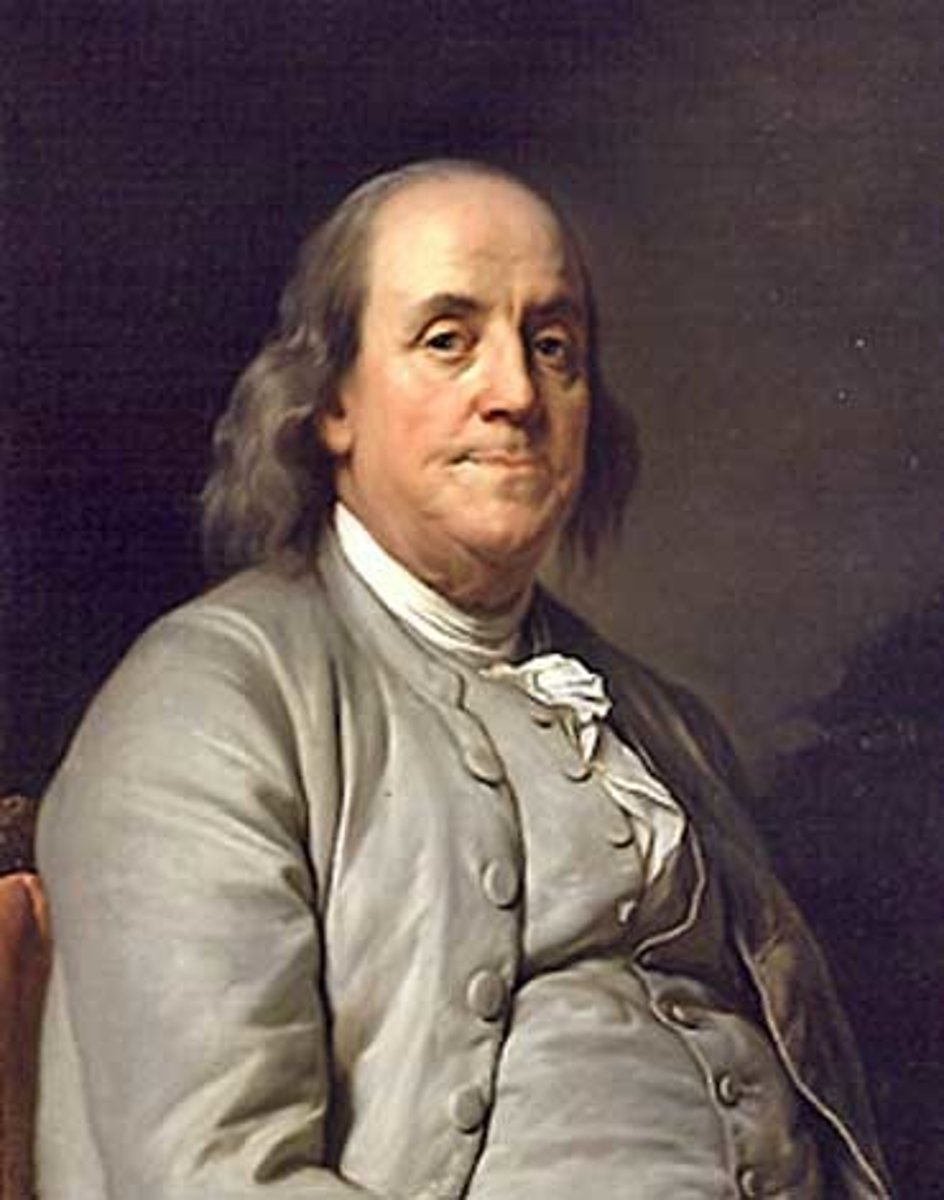
3) Significant people {common schools}
Horace Mann
- Champion of Common School Movement
- Father of American Education
William Holmes McGuffey
- McGuffey readers
Justin Morrill
- Land-Grant Act
Booker T. Washington
- believed edu. could prepare African Americans to live peaceably with white
- Tuskegee University
W.E.B. DuBois
- first Black American to earn a PhD from Harvard University
-fought against racial oppression and injustice in the United States
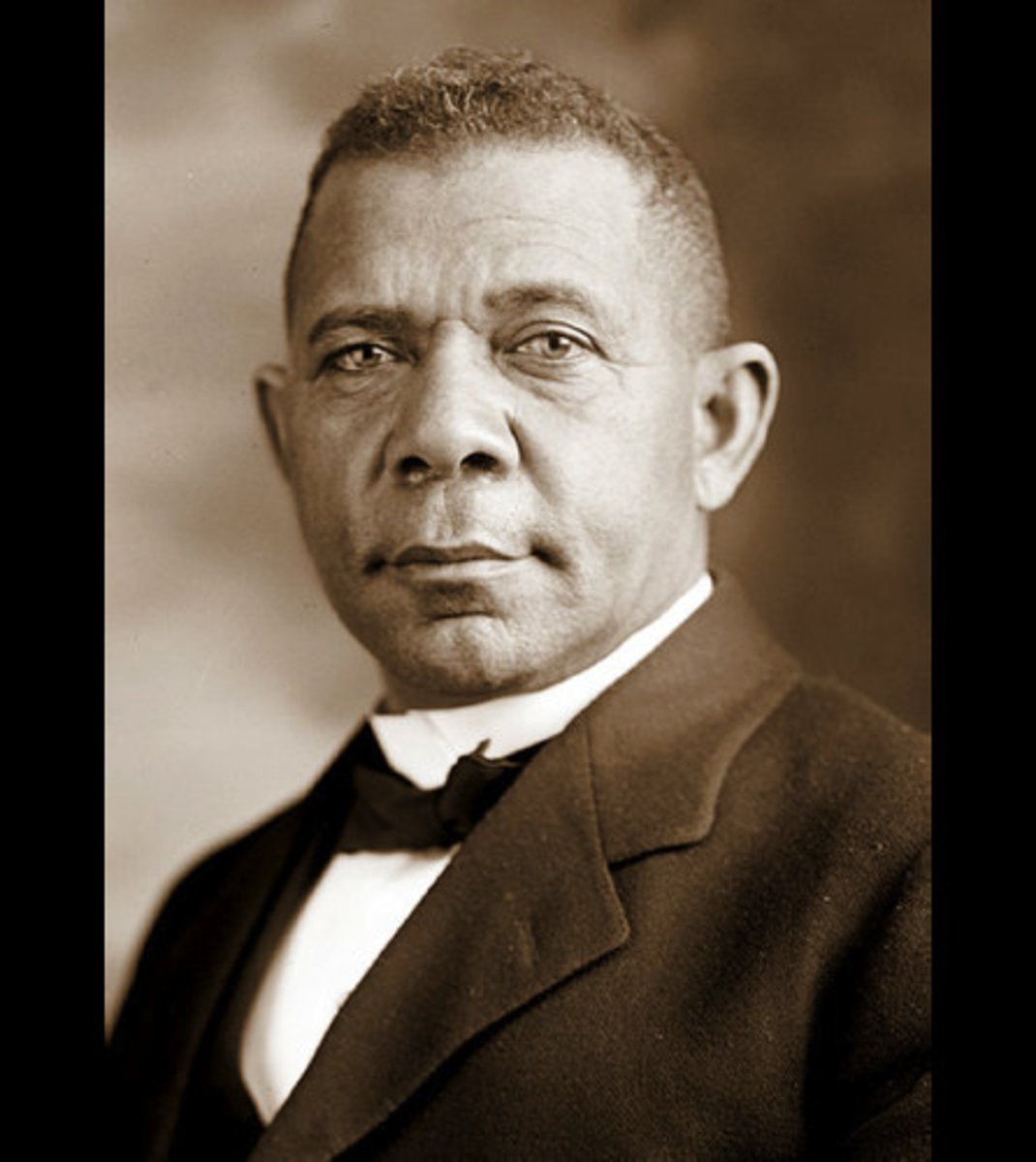
Horace Mann
Champion of Common School Movement
+ public school education for all
+ welfare of immigrants
+ abolition of slavery
+ edu. of the blind & treatment of mentally ill
+ freedom of press
+ separation of church and state
Teachers needed Preparation!
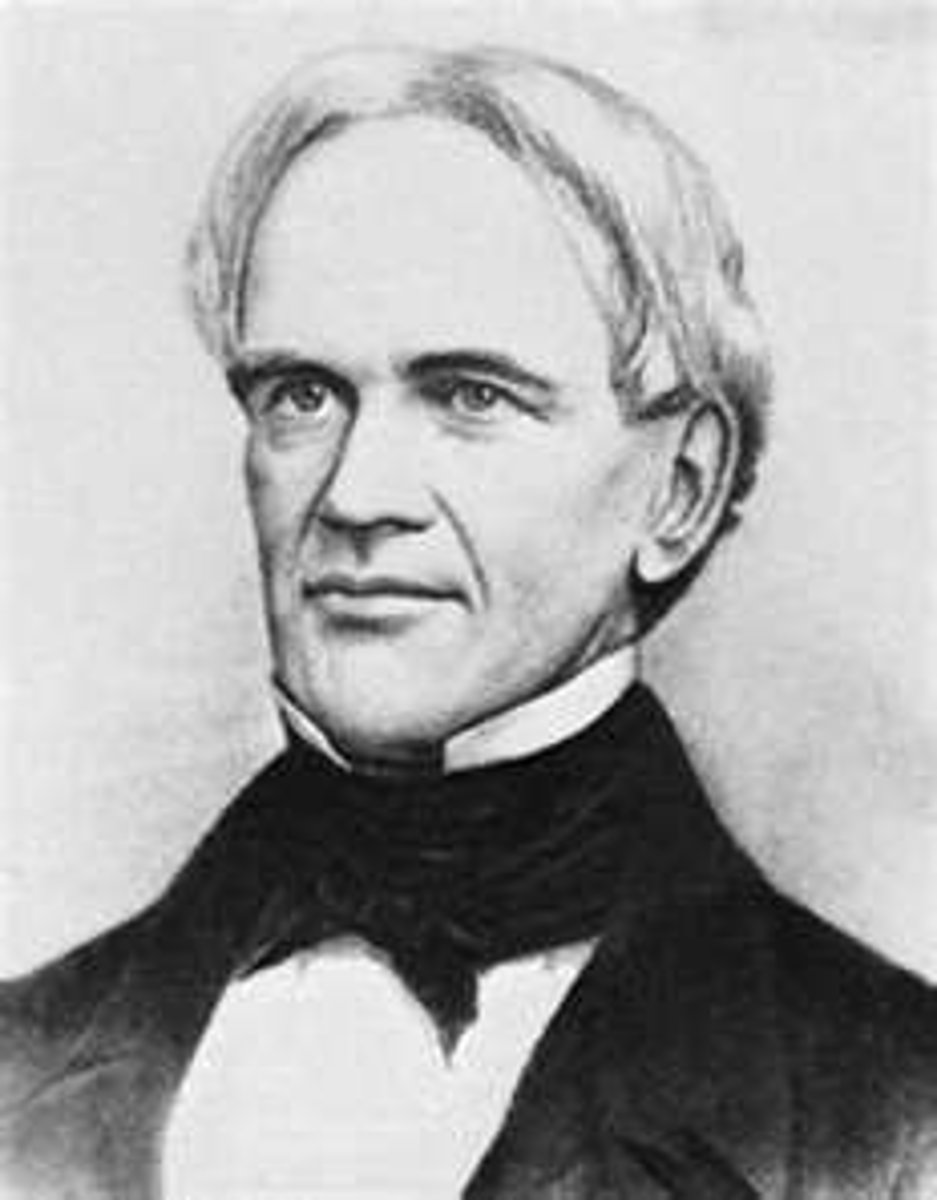
William Holmes McGuffey
"Schoolmaster of the Nation"; compiled a series of popular textbooks known as the McGuffey Readers
+ Presbyterian minister and educator
+ Shaped social and moral influences on American youth during the 19th century
+ Primary elementary textbooks in the U.S. for 75 years
+ To provide universal edu. for isolated pioneer families and immigrants
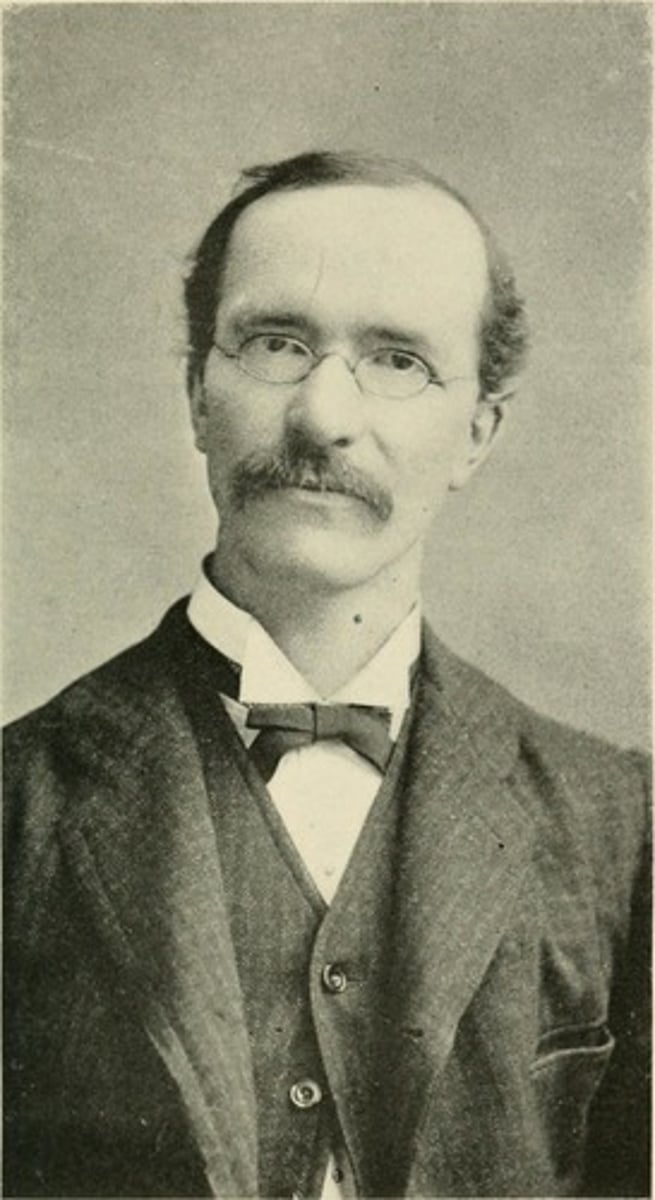
4) Significant people {compulsory}
Frederick Froebel
- invented the concept of Kindergarten
- Kindergarten: children could reach their full potential under the interactive guidance of an adult.
Margarethe Schurz
- influenced by Froebel
- German
- opened the first unofficial kindergarten in her home in Wisconsin
Elizabeth Peabody
- Sister-in-law to horace
- t nation's first formal kindergarten
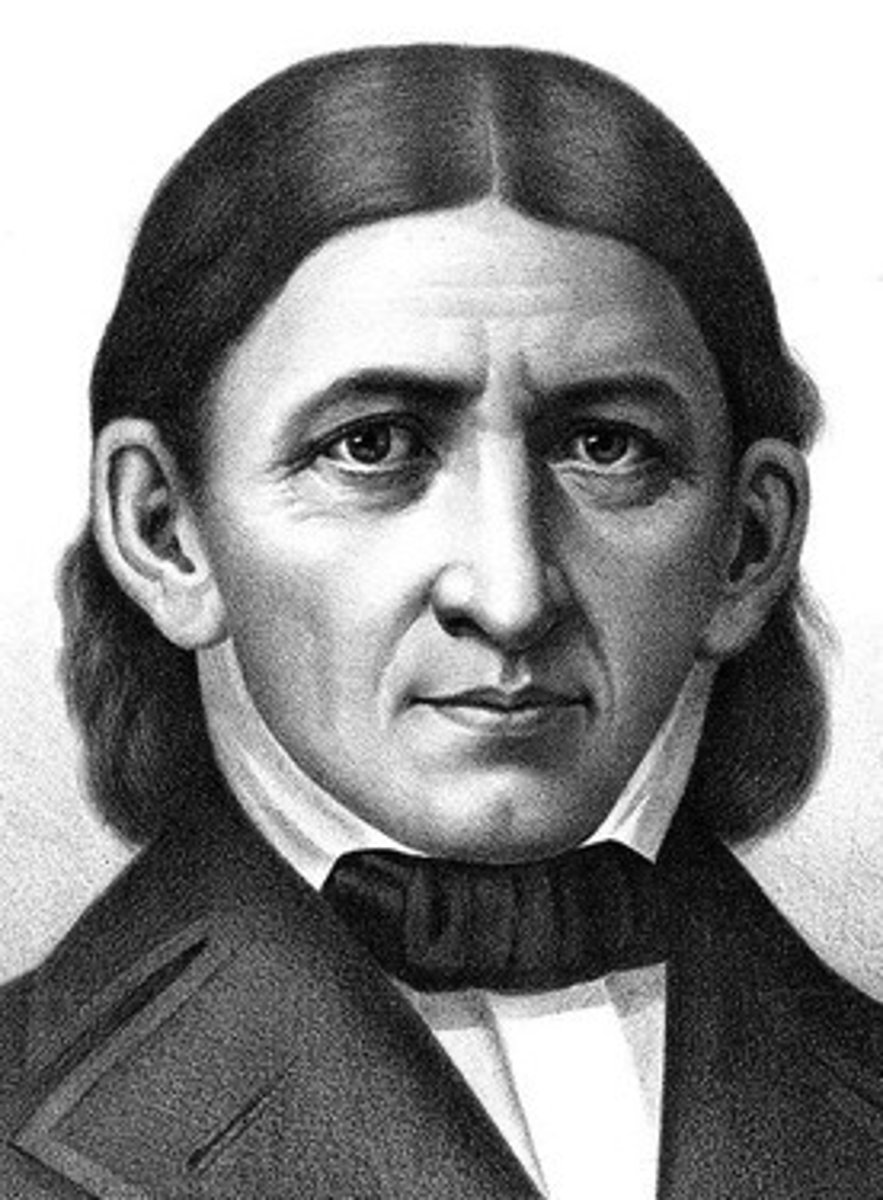
5) Significant people {Progressive era}
John Dewey
- progressivism
Maria Montessori
- Italian physician
-developmentally appropriate edu. activities
- materials tMaria Montessori
- Italian physician
-developmentally appropriate edu. activities
- materials to engage student interesto engage student interest
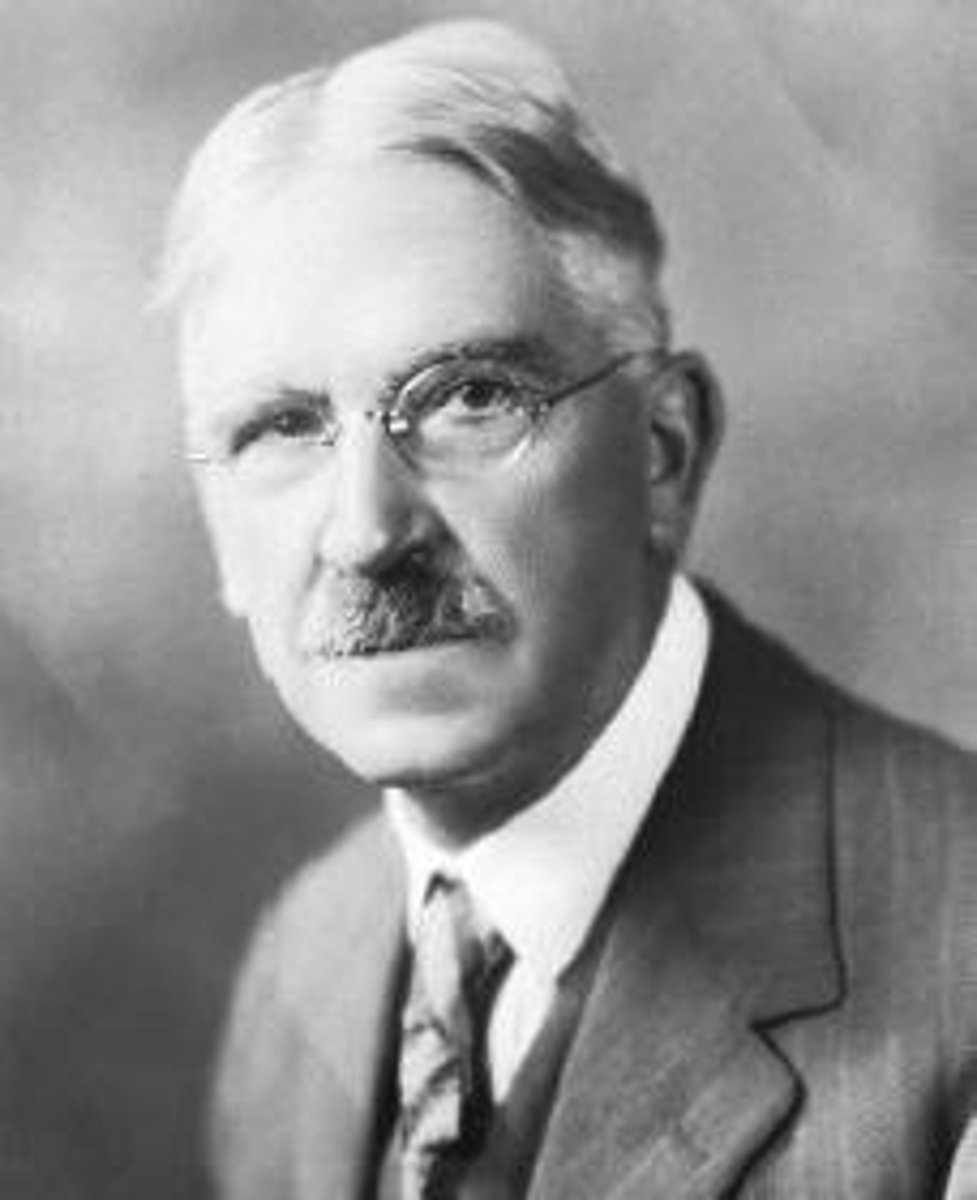
John Dewey
- rejected authoritarian teaching methods
- recognized a need for radical reform
- believed in connection of school and society
- established lab school for testing ideas
- child first, then subject
- learning is active, not passive
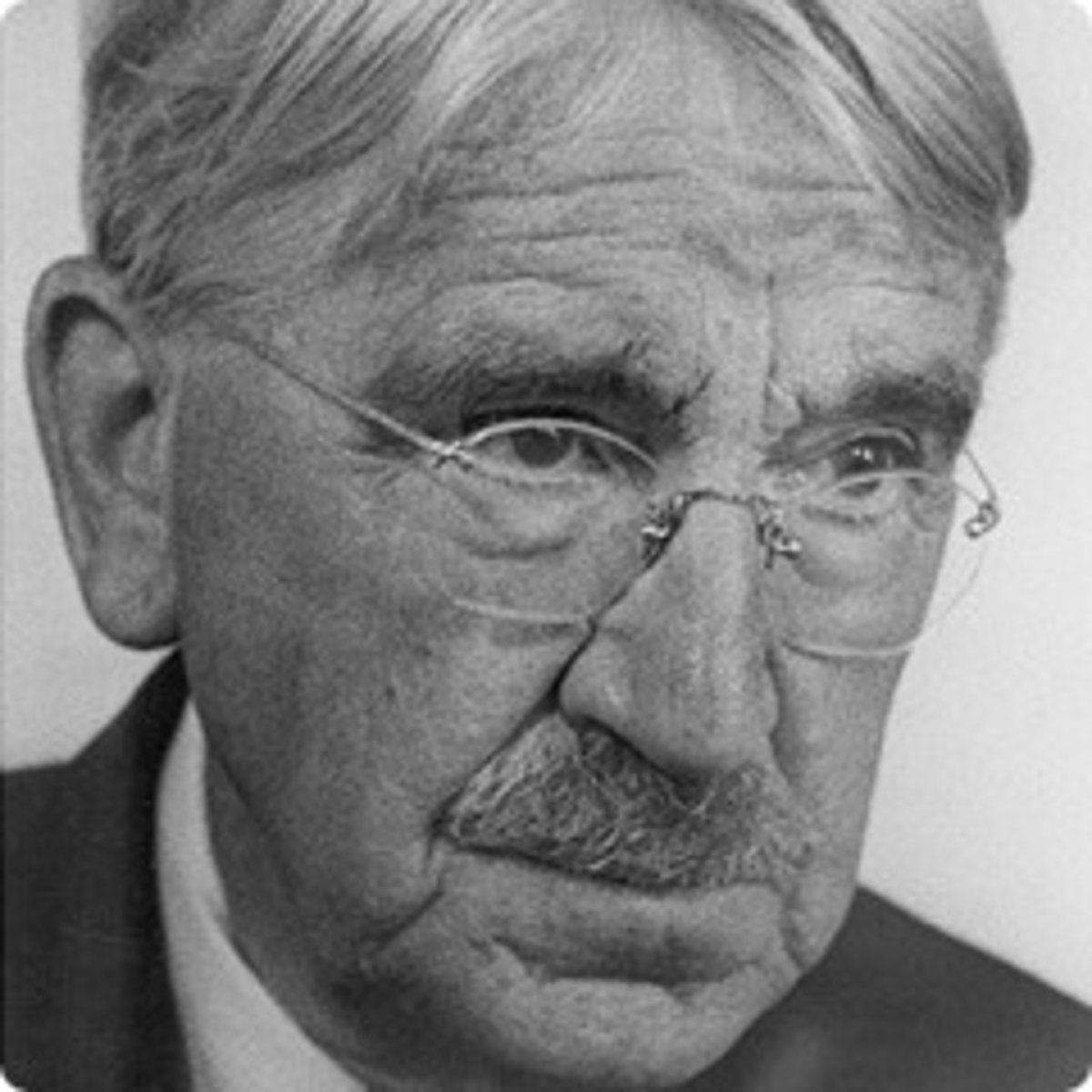
Maria Montessori
designed learning materials and a classroom environment that fostered the children's natural desire to learn and provided freedom for them to choose their own materials.
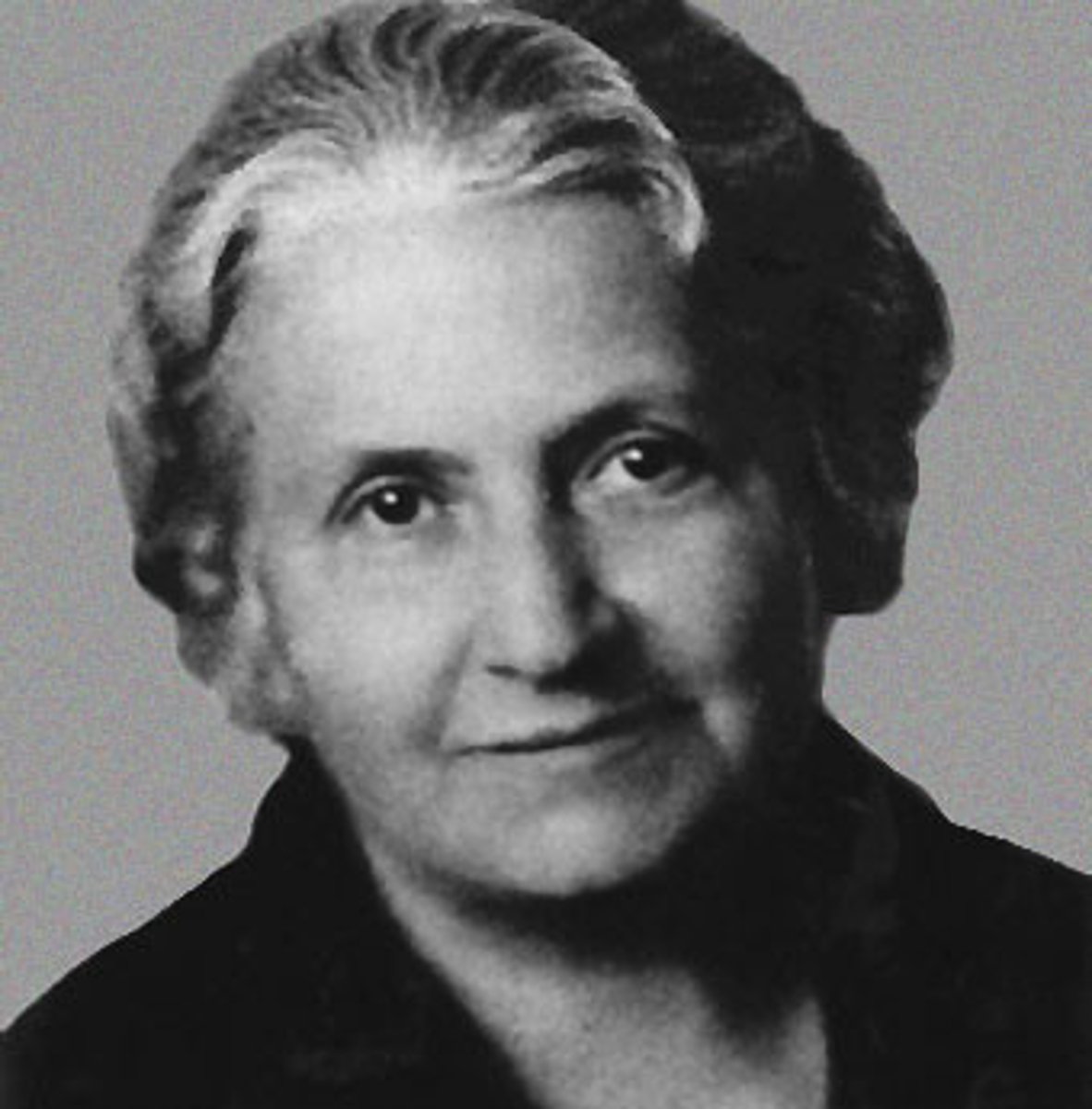
6) Significant people {Modern Postwar}
+ Kennedy and Johnson administrations
+ Pres. Lyndon Johnson
-The Great Society/War on Poverty
+ A Nation at Risk
+ Mortimer J. Adler - The Paideia Program
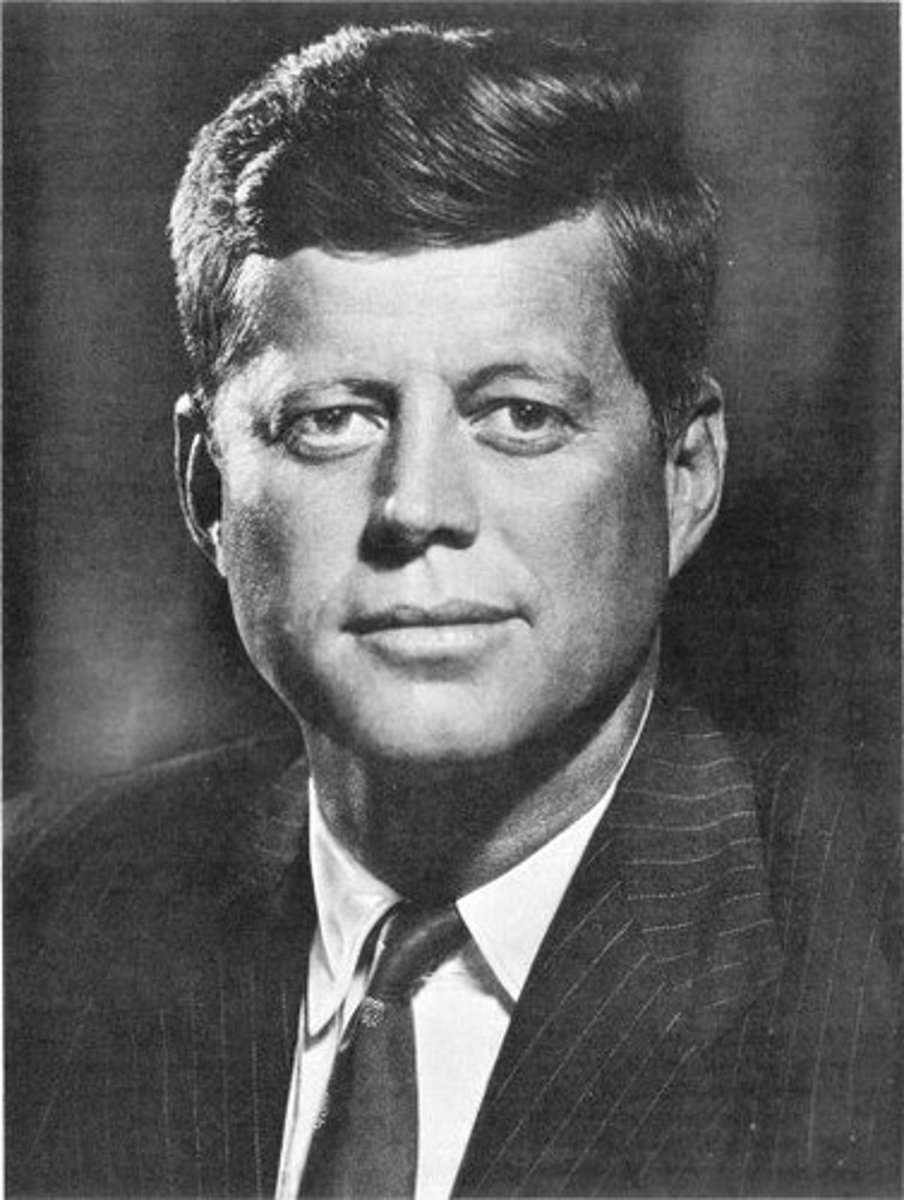
7) Significant people {2000-present}
Trump
-push for unregulated free market competition between charter schools,
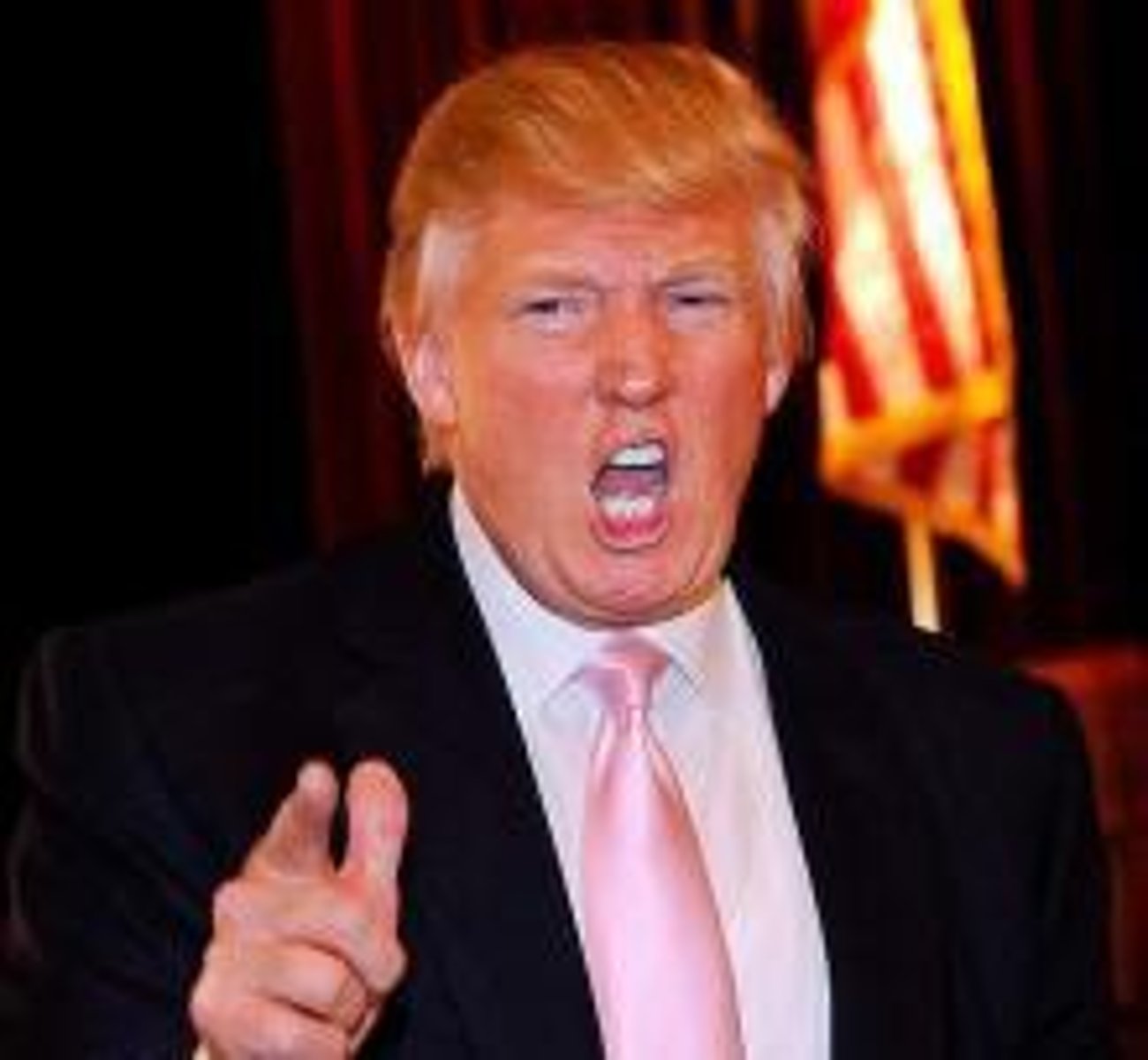
1) significant events {colonial}
~ Massachusetts Act of 1642
* first edu law in the US
* edu should no longer be volenuary
* "Old Deluder Satan Act"
*towns of 50+ must appoint 1 person to teach, towns 100+ must establish a Latin Grammar School
-strong ties to English culture
- desire for homogenous society similar to, but apart from England
-No distinction between secular and religious
-school and reading leads to salvation
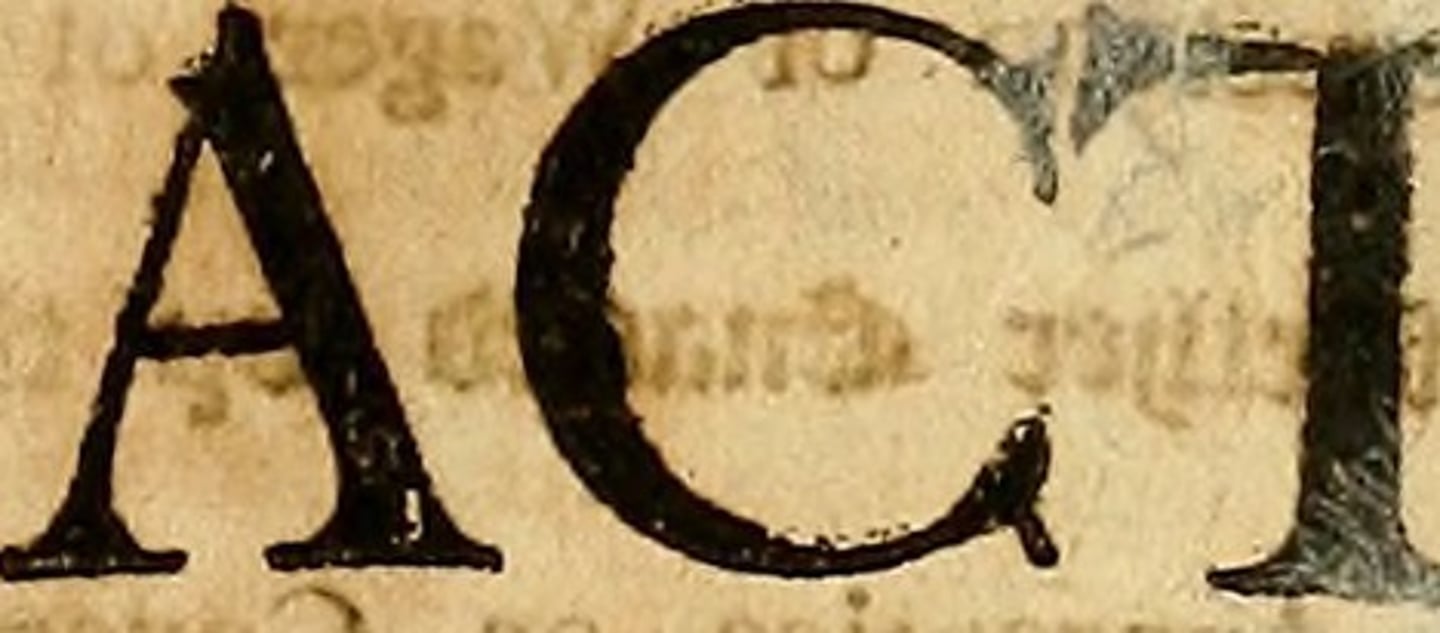
Dame Schools
- in homes
- taught by widows/housewives
- boys' initial schooling
- girls' only schooling
- reading, writing, arithmetic
- a few weeks up to a year in duration
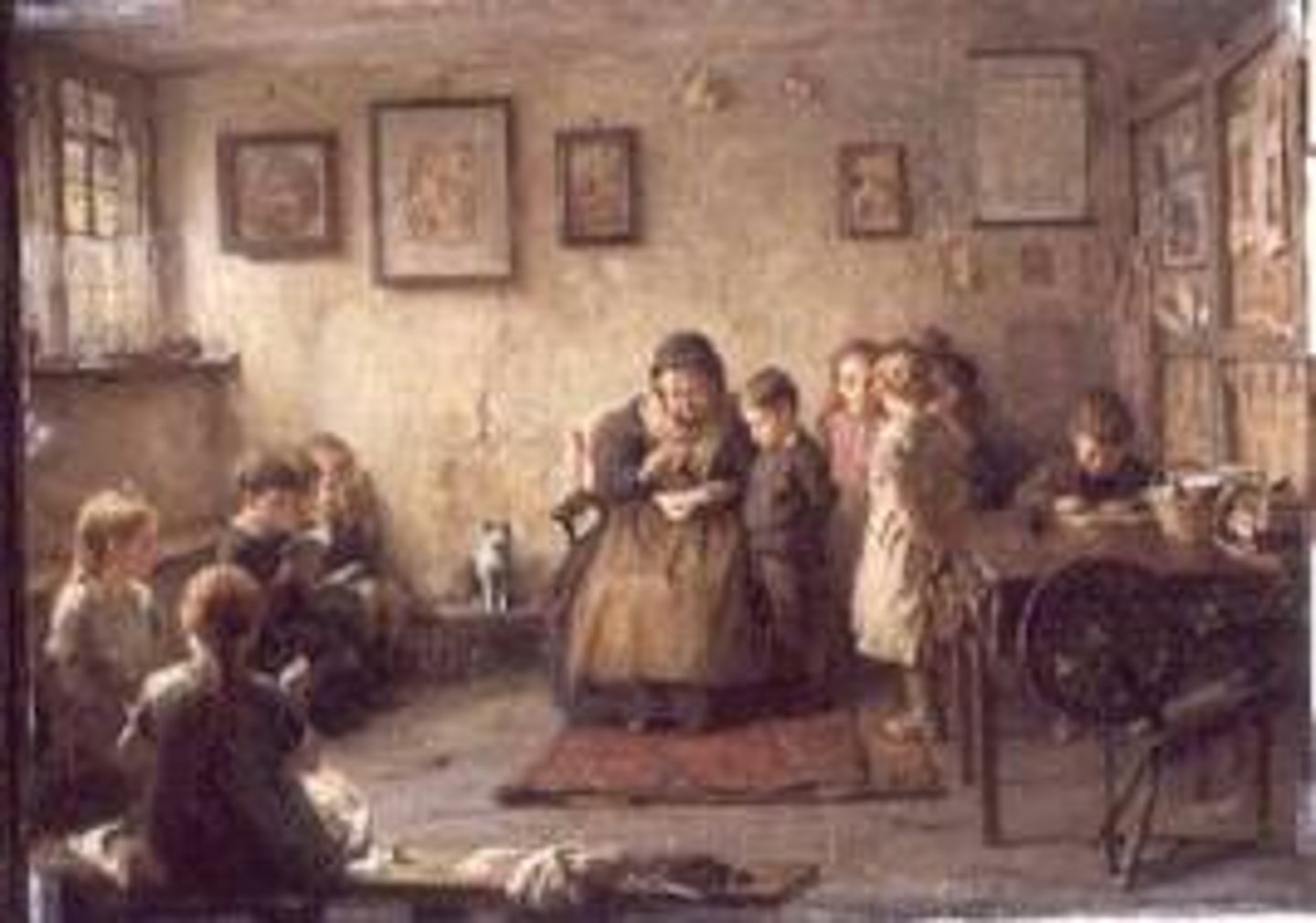
Reading and Writing Schools
* higher level schooling for boys
* Reading lessons based on the Bible and New England Primer

3) significant events {common}
~ normal schools -- teachers should receive more and better training (2-year teacher training, organization of curricular materials, understanding the learning process and how to teach.)
~ common schools -- free, stare supopoted, locally controlled schools
~ gov contribuitteso edu through land grants
Western expansion
-the settling of the west
-war with Mexico

4) significant events {compulsory}
Edu. Policy:
* Committee of Ten -HS
*Committee of Fifteen --EL school
*Reorganization of Secondary Edu
*Professionalization of Teaching
-followed the Civil War
-the kindergarten developed in germany
-1930: all states pass required laws of children's school attendance
- public school becomes more common -greater numbers of children began attending school b/c of state laws
-more women began to enter the teaching field

5) significant events {progressive}
-End of WWI
-Stock Market Crash of 1929
-The Great Depression
- WWII
- Progressive movement
-public schools firmly part of USA society
- american gov is more into the funding of edu.
* Lanham Act of 1941
* G.I. Bill of Rights 1944
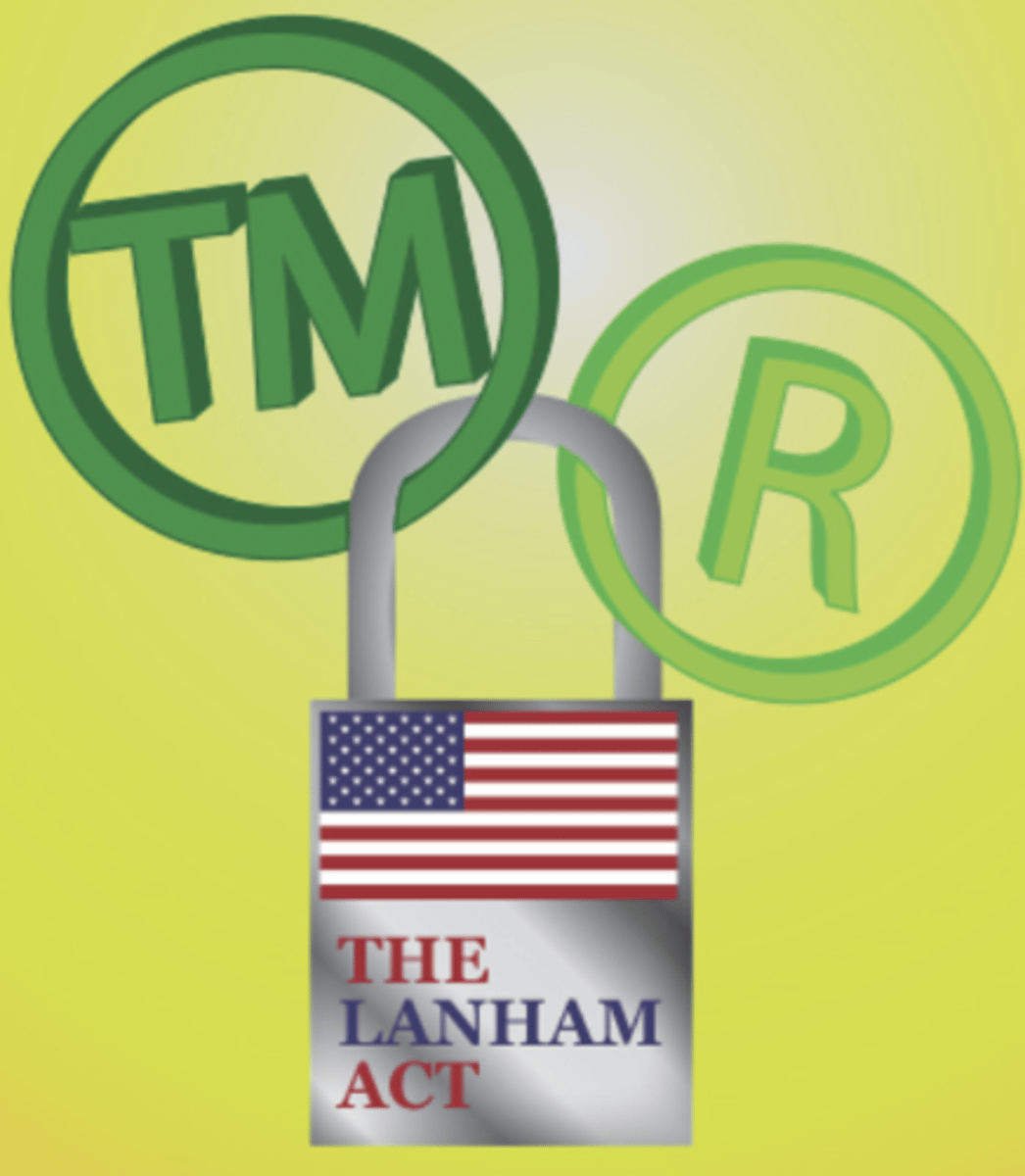
6) significant events {modern post war}
1950s:
Soviet Union launches first satellite, Sputnik, into space
-School desegregation:
* Brown v. Board of Edu. 1954 (Supreme Court Rejects Separate but Equal)
1960s:
- change and experimentation & war on poverty
Johnson:
-signed more edu bills into law than any other president
elementary and secondary act
+bilinual education act
1970s:
-public school enrollment decrease
-Education for All Handicapped Children Act
* individualized education program (IEP)
1980s:
A Nation at risk
call for the great books
1990s:
teacher leadership

7) significant events {21 century}
-NCLB (2002)
* No child left behind
- ESSA (2015)
* Every Student Succeeds At
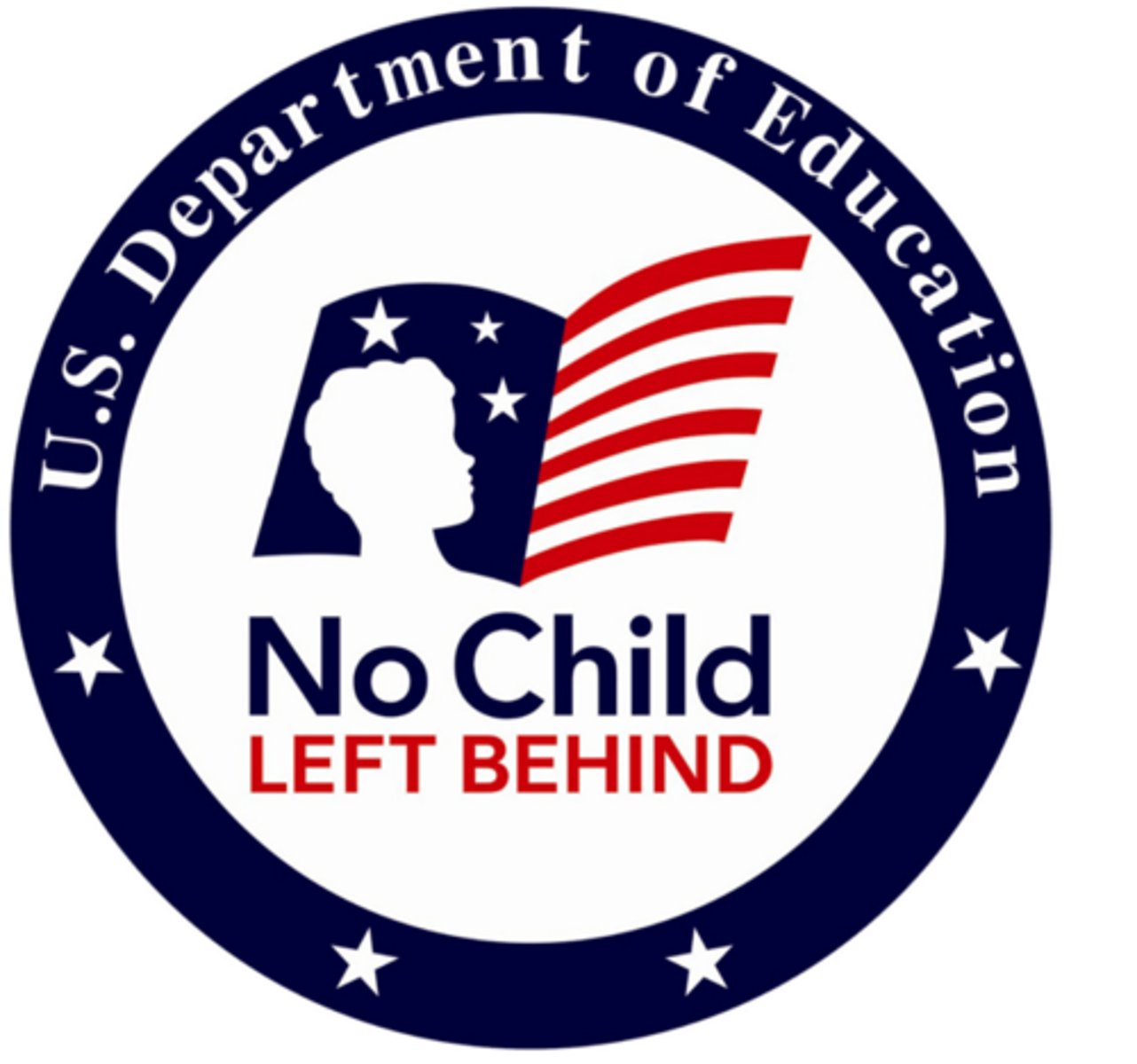
1) impact on edu. {colonial}
- schoolmasters were usually men who taught students who were usually boys
- low status of teachers - minimal qualification, low pay
- respect increased with grade level
- emphasis on fear of sin; God's punishment
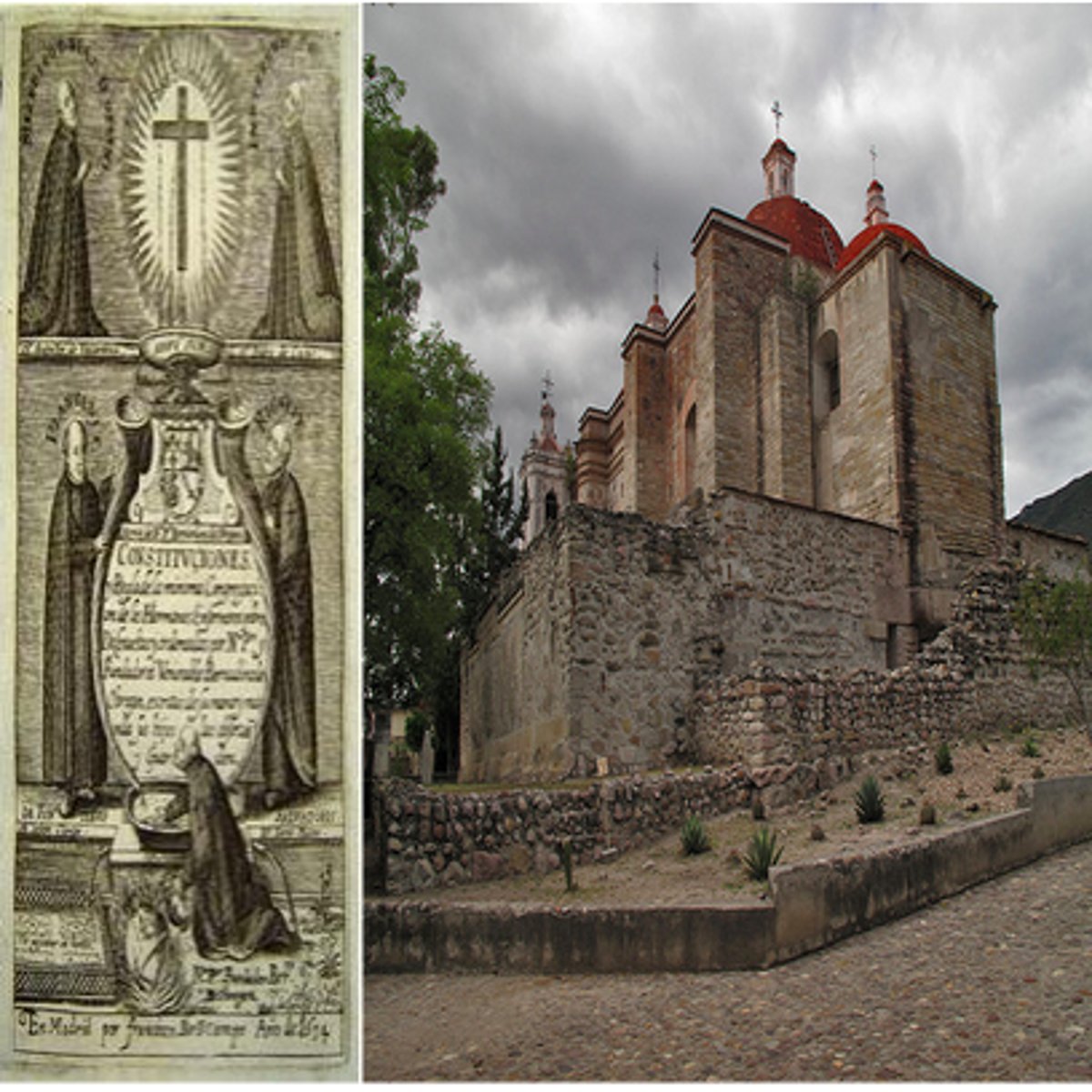
2) impact on edu. {revolutionary}
- Declining European and religious influence on schools
- Curriculum influenced by country's need to develop agriculture, shipping, and commerce
- Beliefs that humans could be shaped through edu
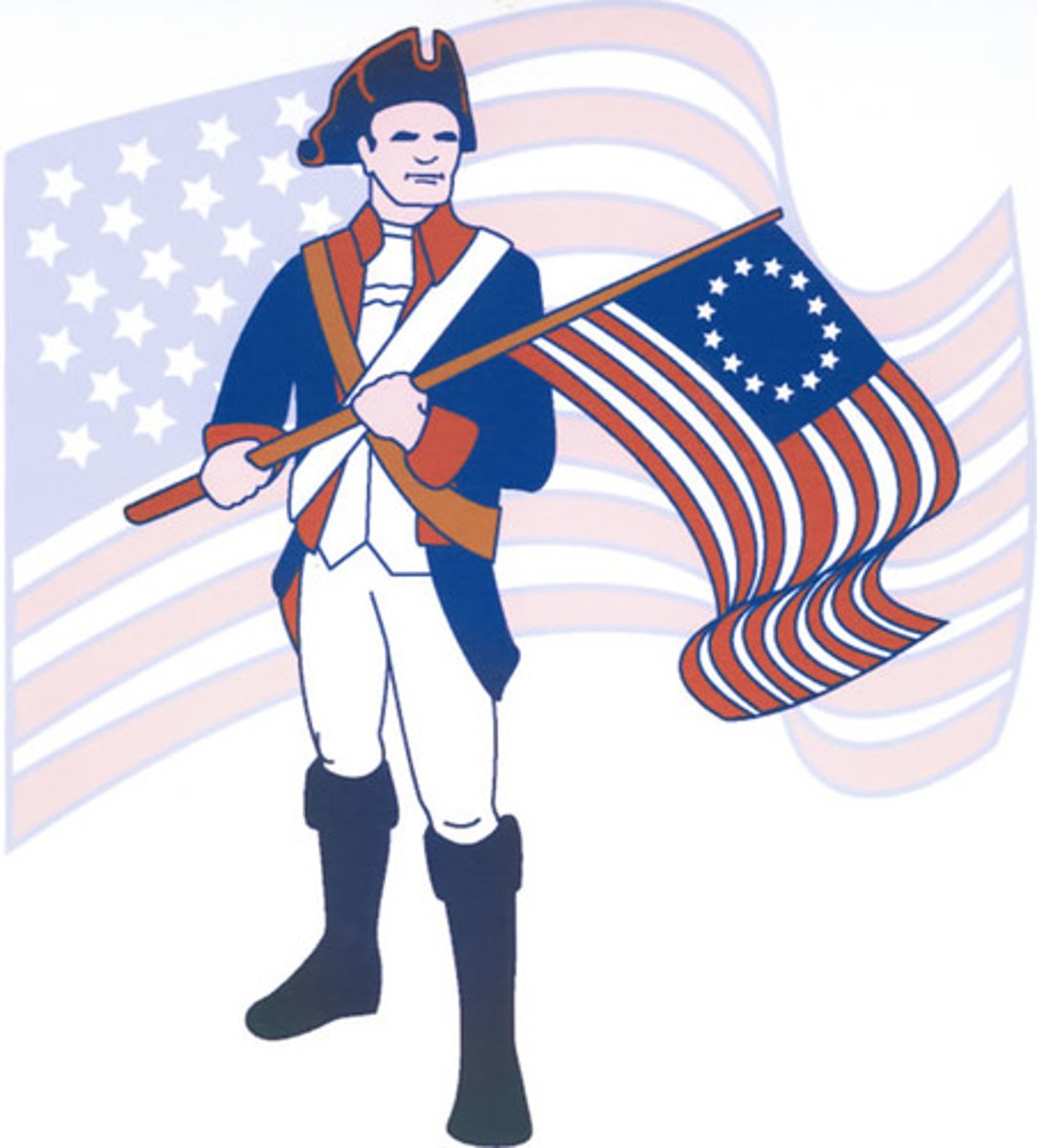
3) impact on edu. {common}
- First state-supported HS in the US
* Boston English Classical School, est. 1821
- Common School Movement
* free, public, locally controlled schools we know today
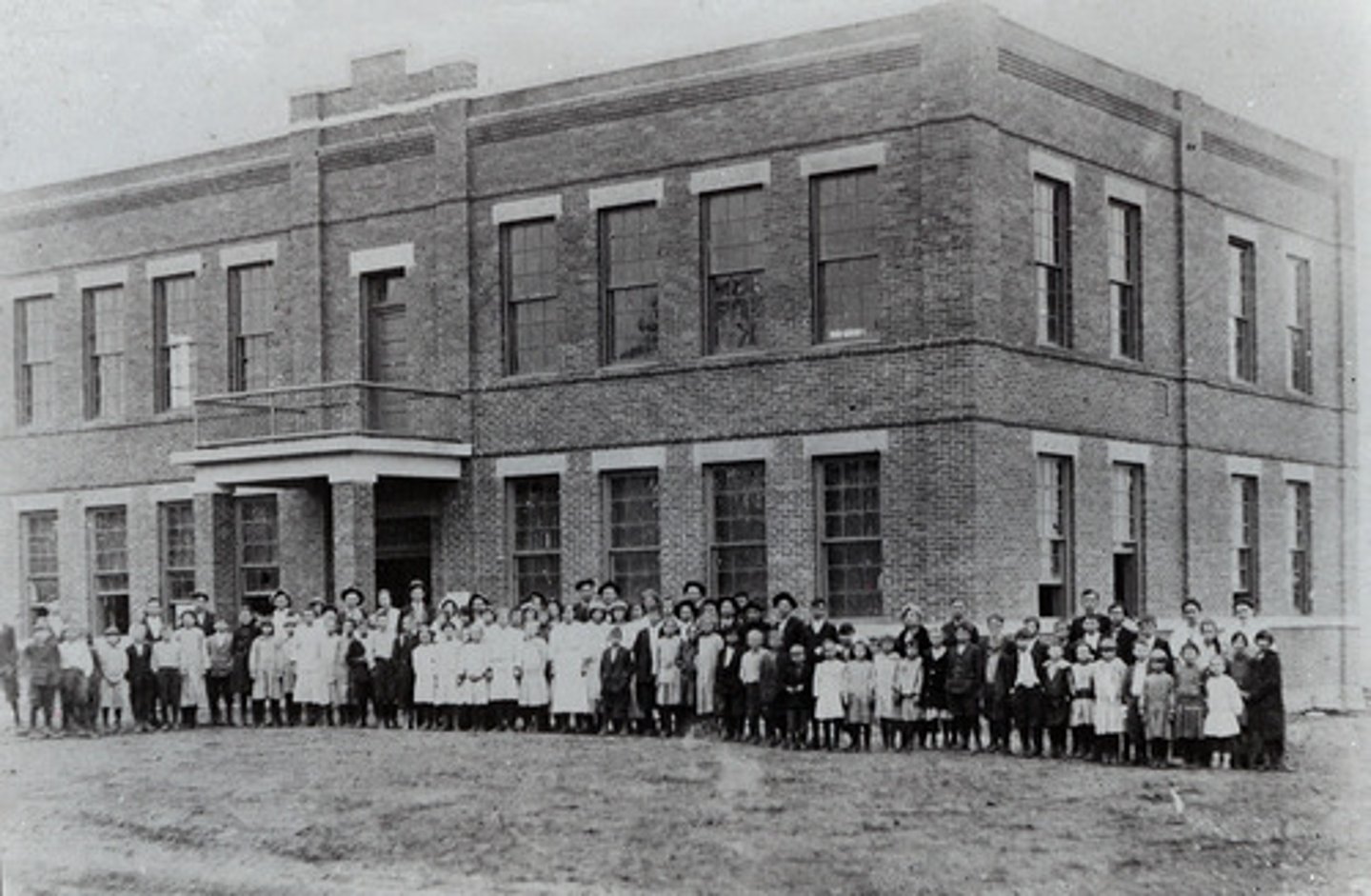
4) impact on edu. {compulsory}
growth in school attendance
schools increasingly coming under public control
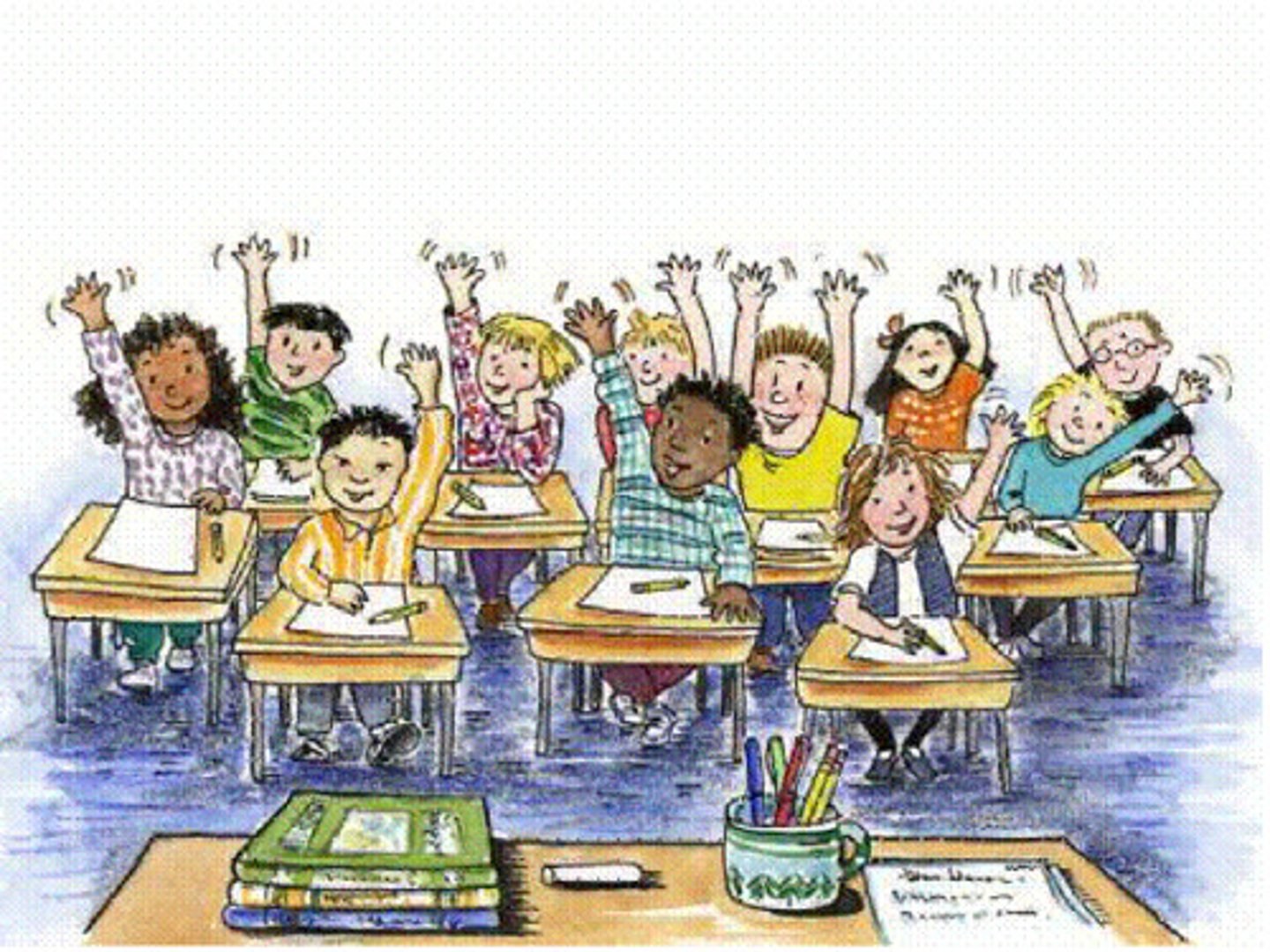
5) impact on edu. {progressive}
- Philosophy of Progressivism
* edu should focus on children's interests and practical needs
* improvement of society
* Teachers as guides rather than taskmasters

6) impact on edu. {modern post war}
50s:
National Defense Edu Act - edu reform
New Math
New science programs
New social studies programs
60s:
Open edu movement
*creativity, team teaching, individualized instruction
Subsidized lunch programs
Head start, Upward Bound
Elementary and Secondary Edu Act
*Federal funds based on number of poor children in school districts
70s:
Alternatives schools
Homeschool movement
teacher accountability
back to basics advocates
80s:
teacher bashing
90s:
teacher empowerment
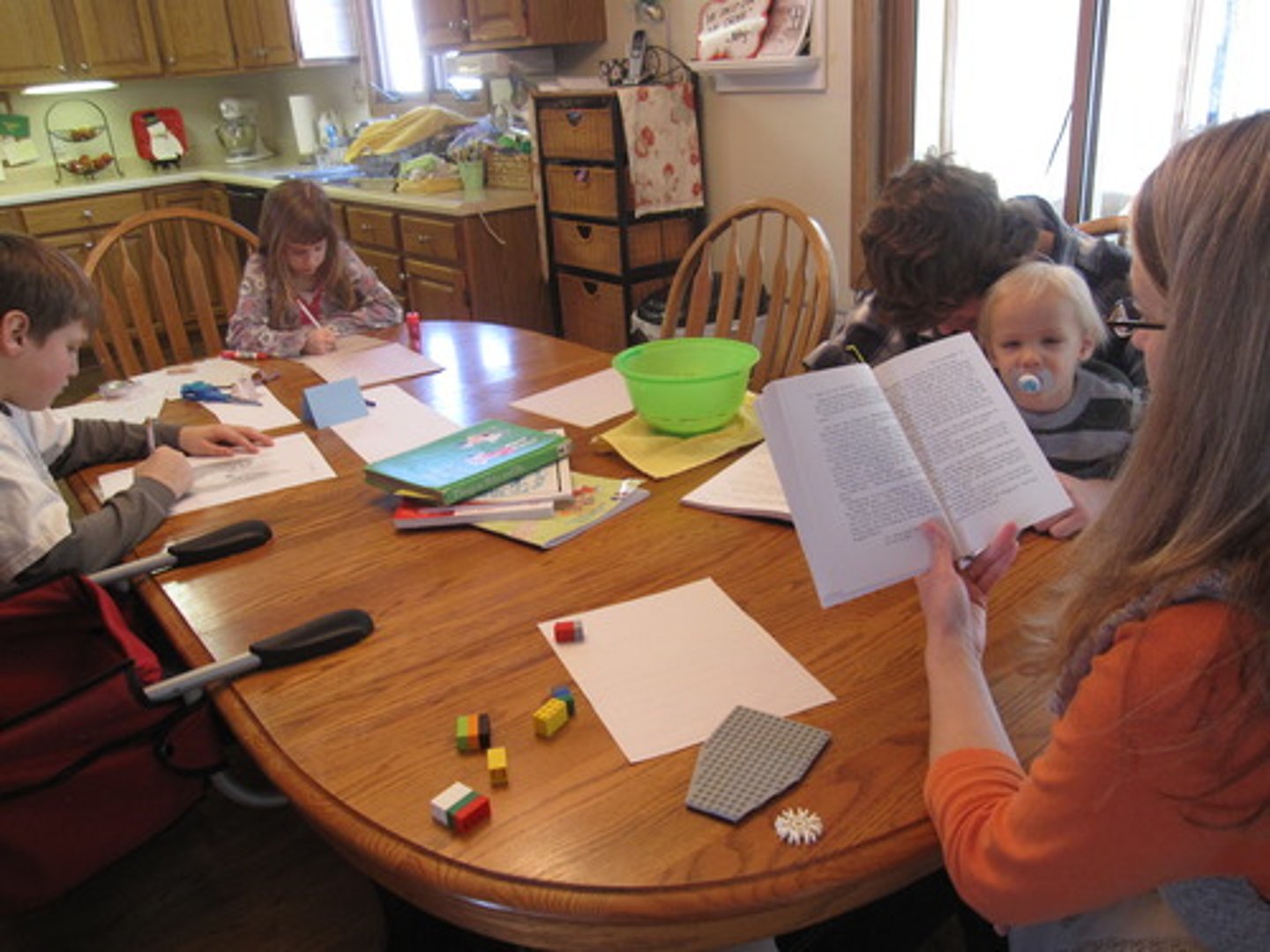
7) impact on edu {21st century}
Equality, excellence, accountability
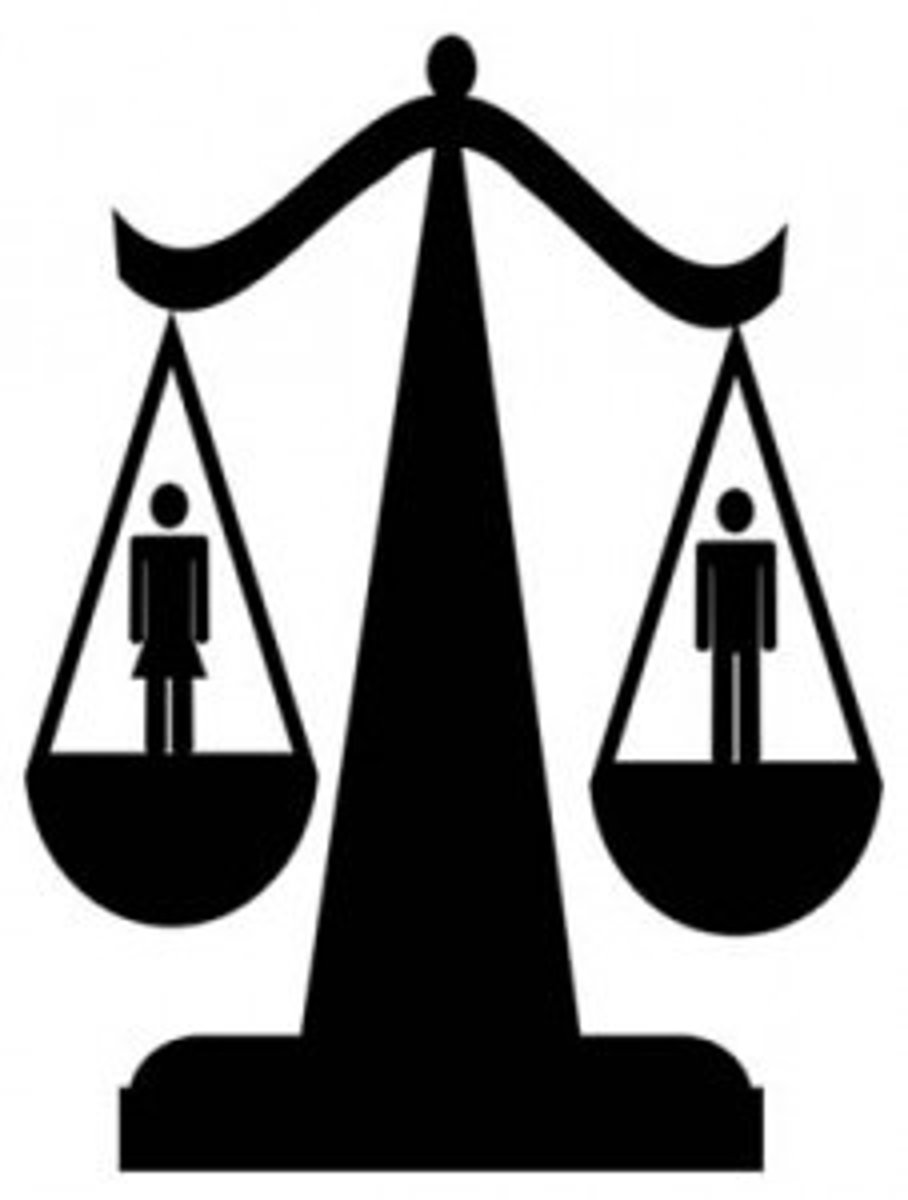
Progressive Era (1920-1945)
The purpose of education are moving away from the needs of society to the needs of the individual
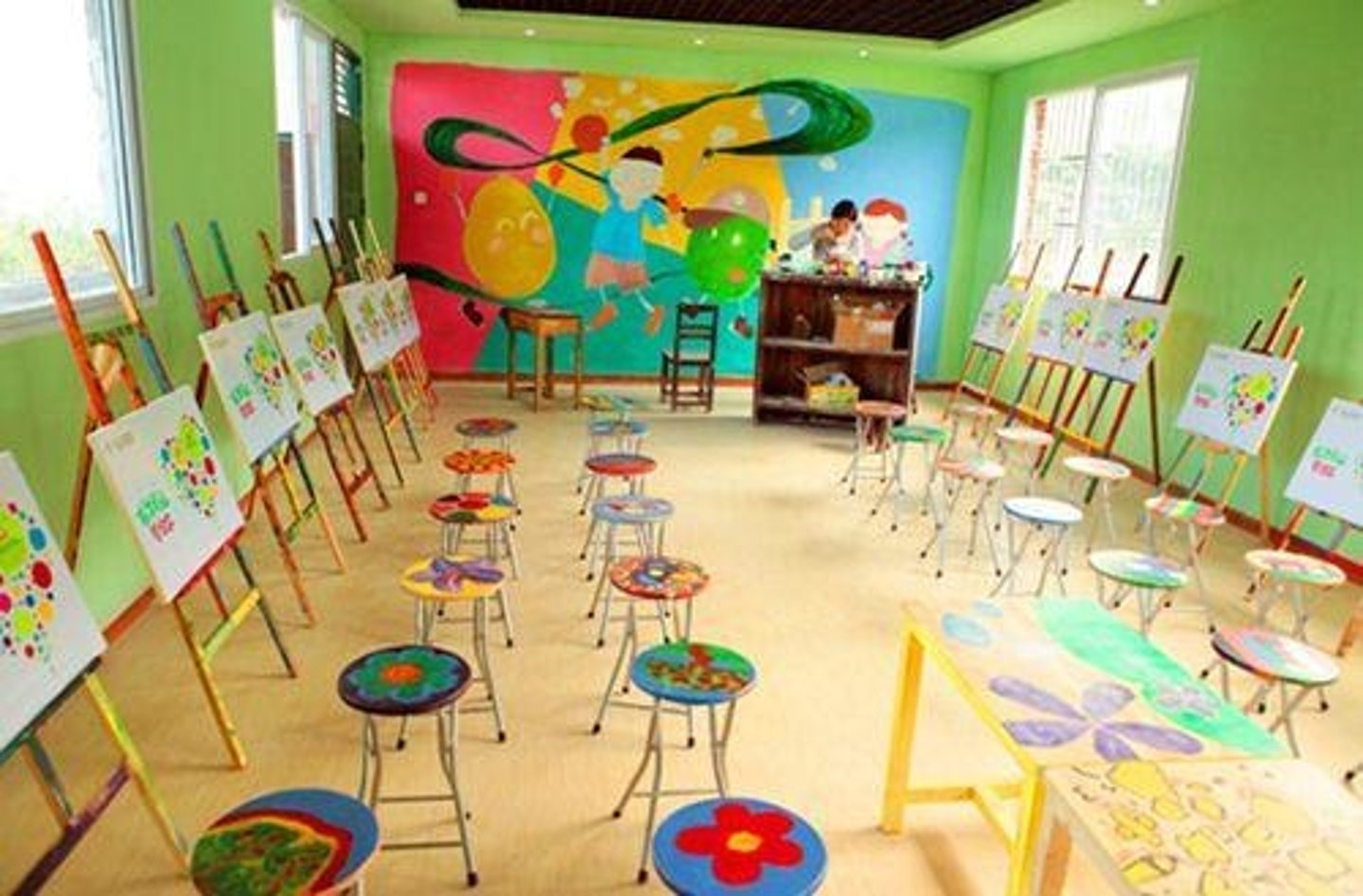
Modern Postwar Era (1945-2000)
should be broken up into the 50s, 60s, 70s, 80s, 90s, and into the 2000s - lots of edu. attention and different Acts + Movements
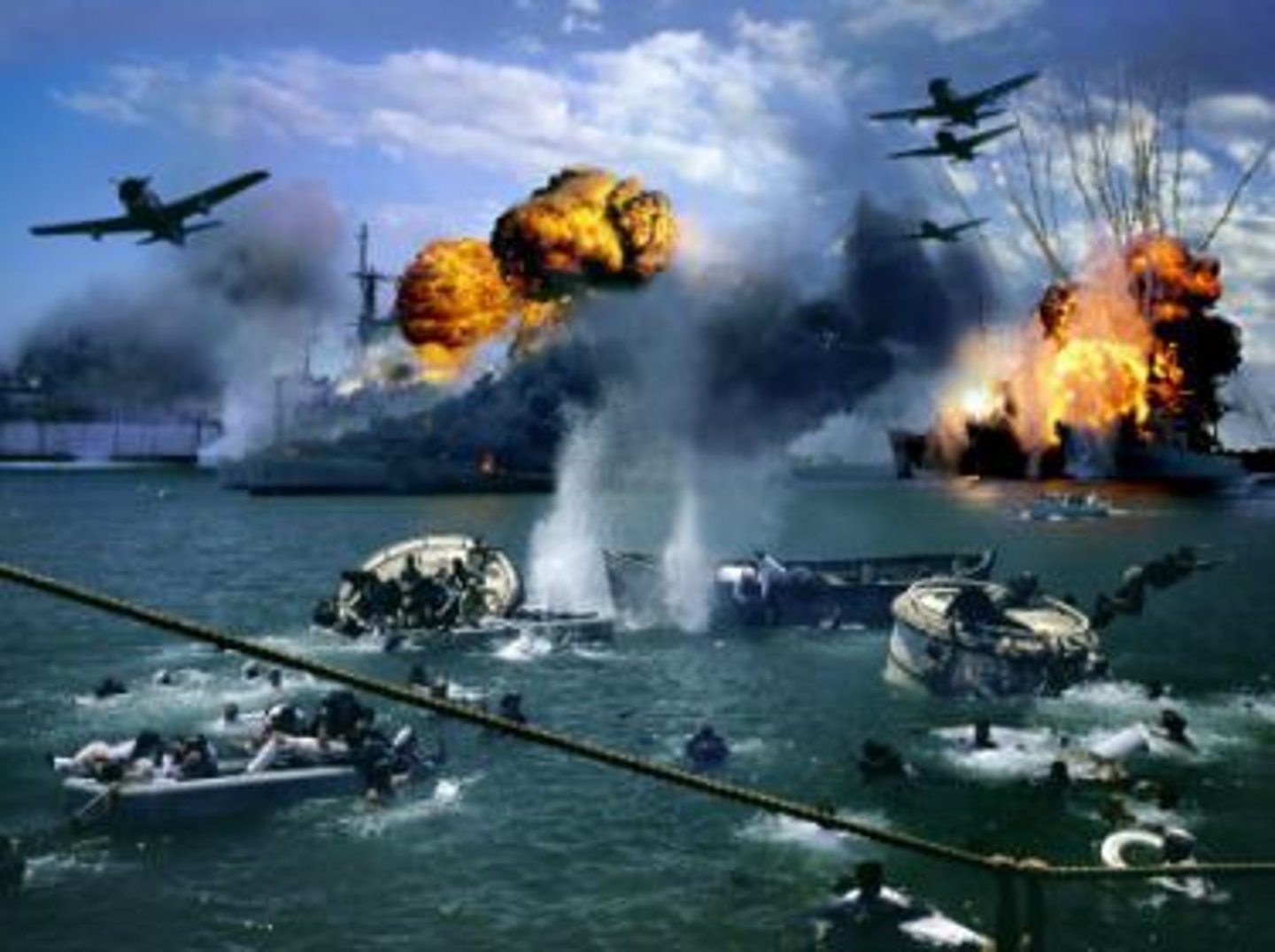
21st Century (2000 - Present)
equity, excellence, and accountability
-NCLB
-ESSA (2017-2018)
- AYP
-CCSTI
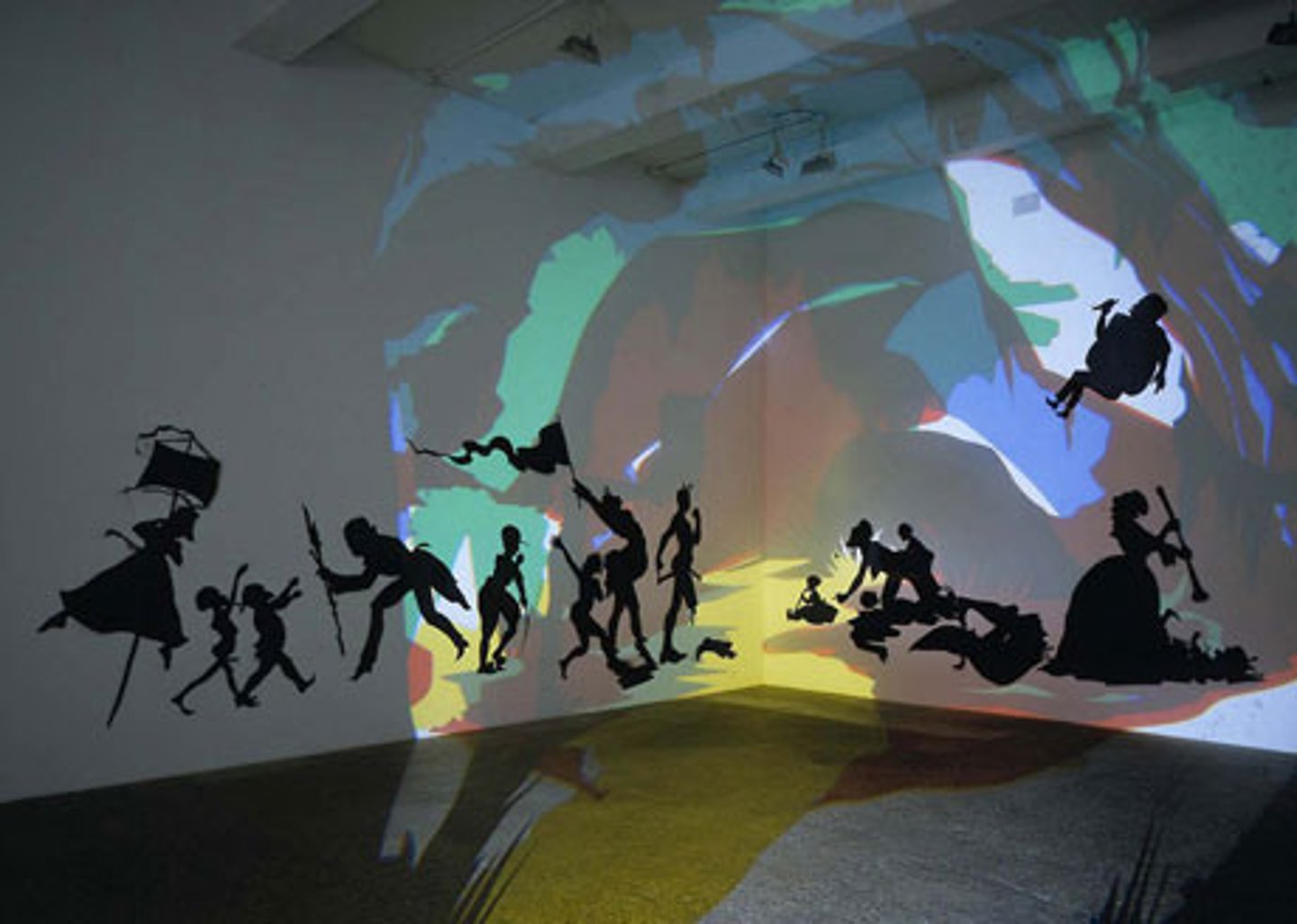
1) Significant people {colonial}
Puritans: view of the child
- children were to learn their place in the world
- children were continually reminded that they were born sinful/corrupt
- school must civilize children and compel them to set aside their childish ways
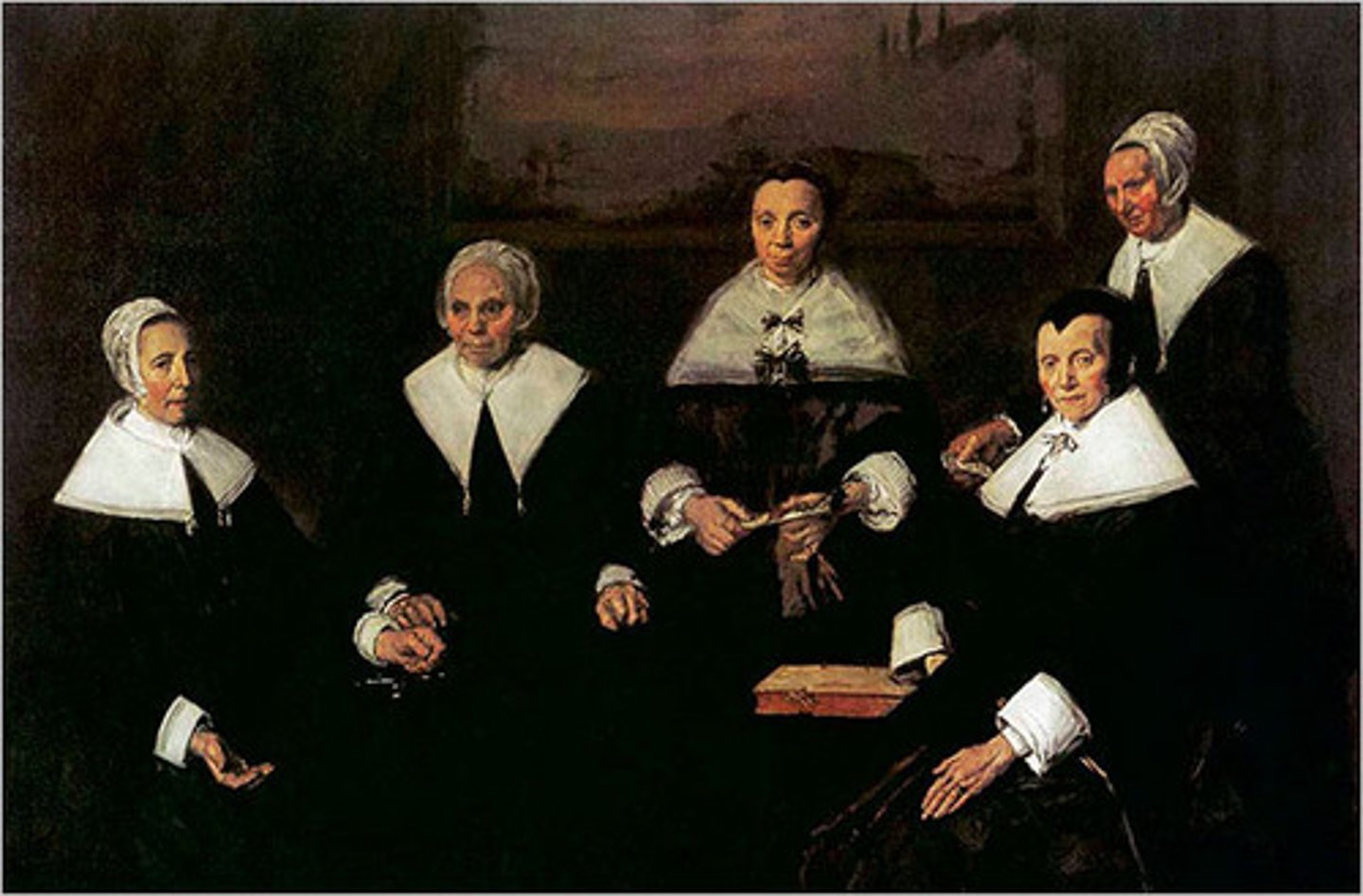
Latin grammar Schools
* Similar to today's secondary schools
* Boys enrolled at age 7 or 8, Preparing to enter harvard
* Preparation for church leadership
* Lain and Greek
* 7 years of rigorous schooling
- Drill and rote-mem
- rules and corporal punishment

2) significant events {revolutionary}
~ American Revolution 1775
edu:
Important for society
freedom from tyranny
instruction for business and commmece
... so the state should help pay for the cost?
-rise of civil town gov
-first gen americans
-increase in patriotic american books/news
-War of 1812
